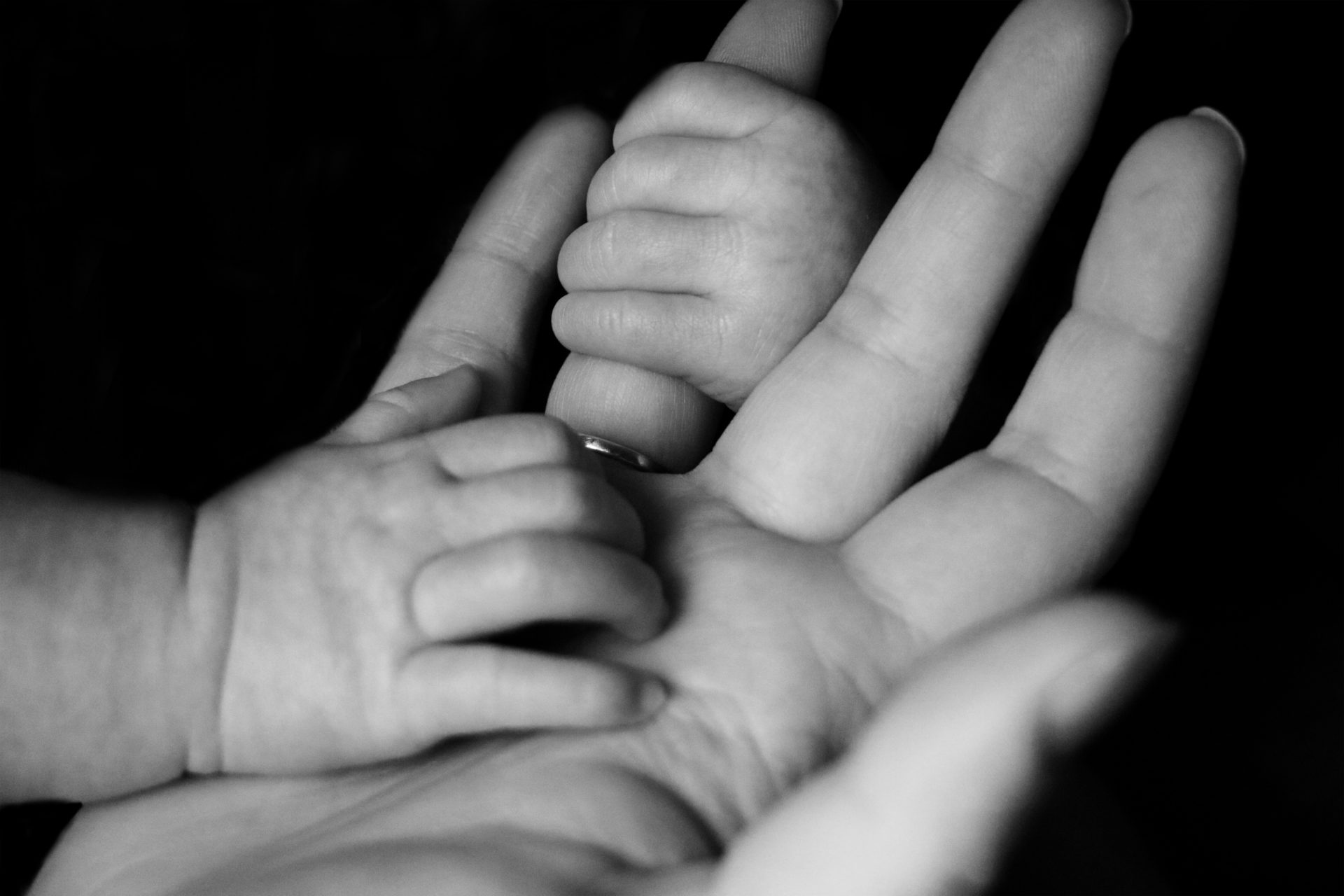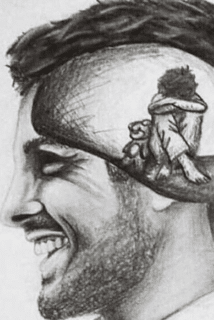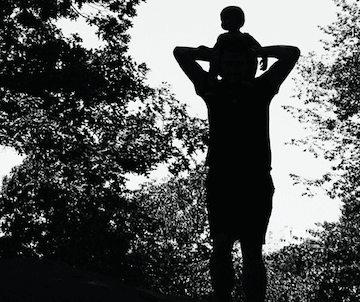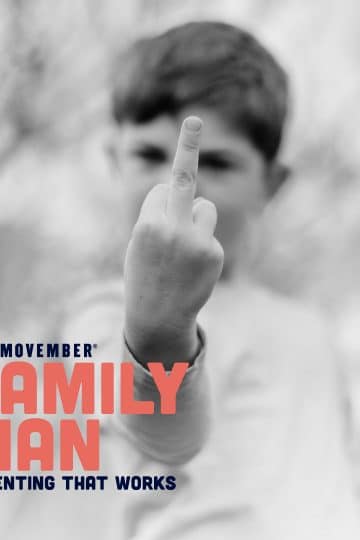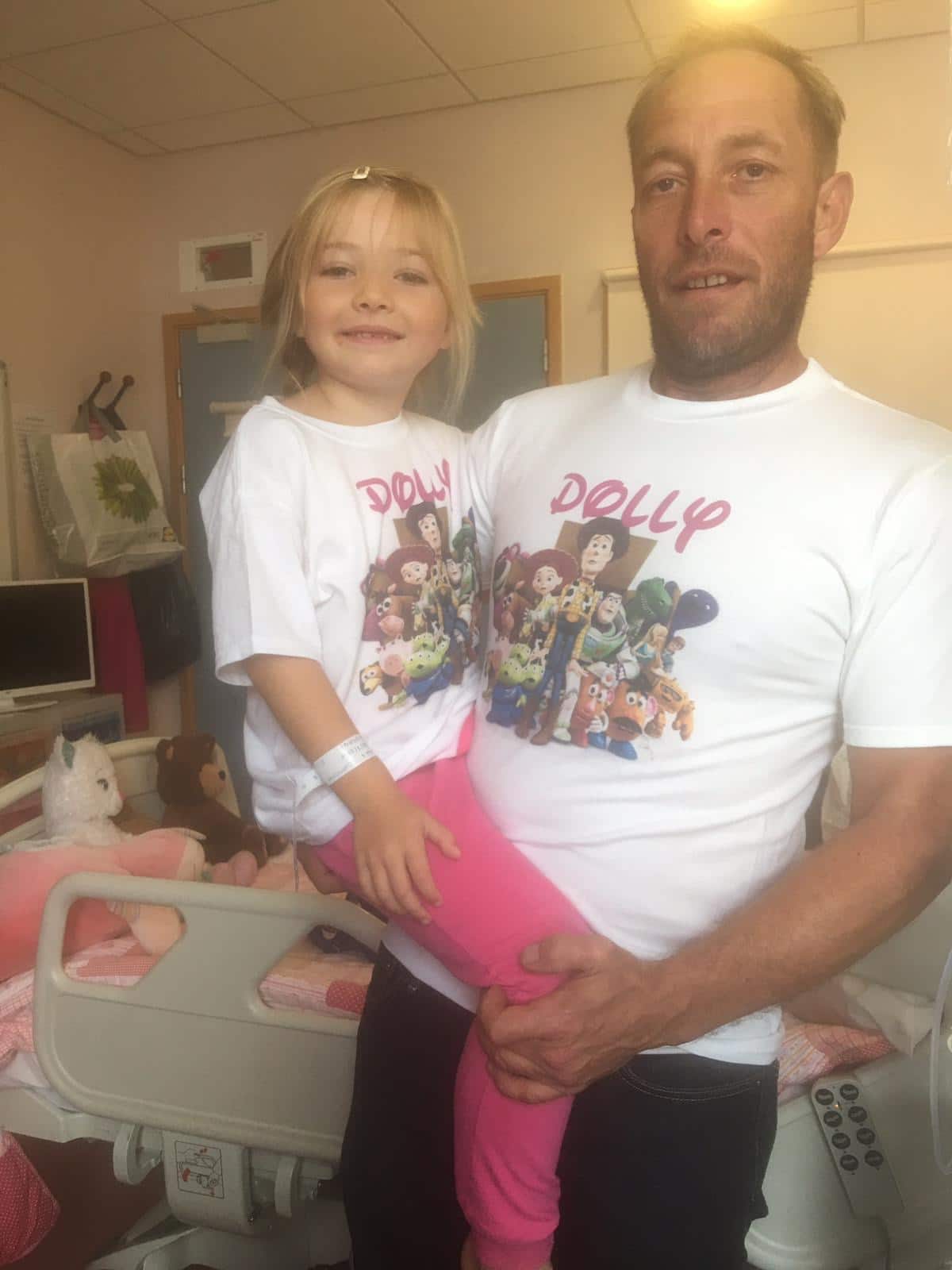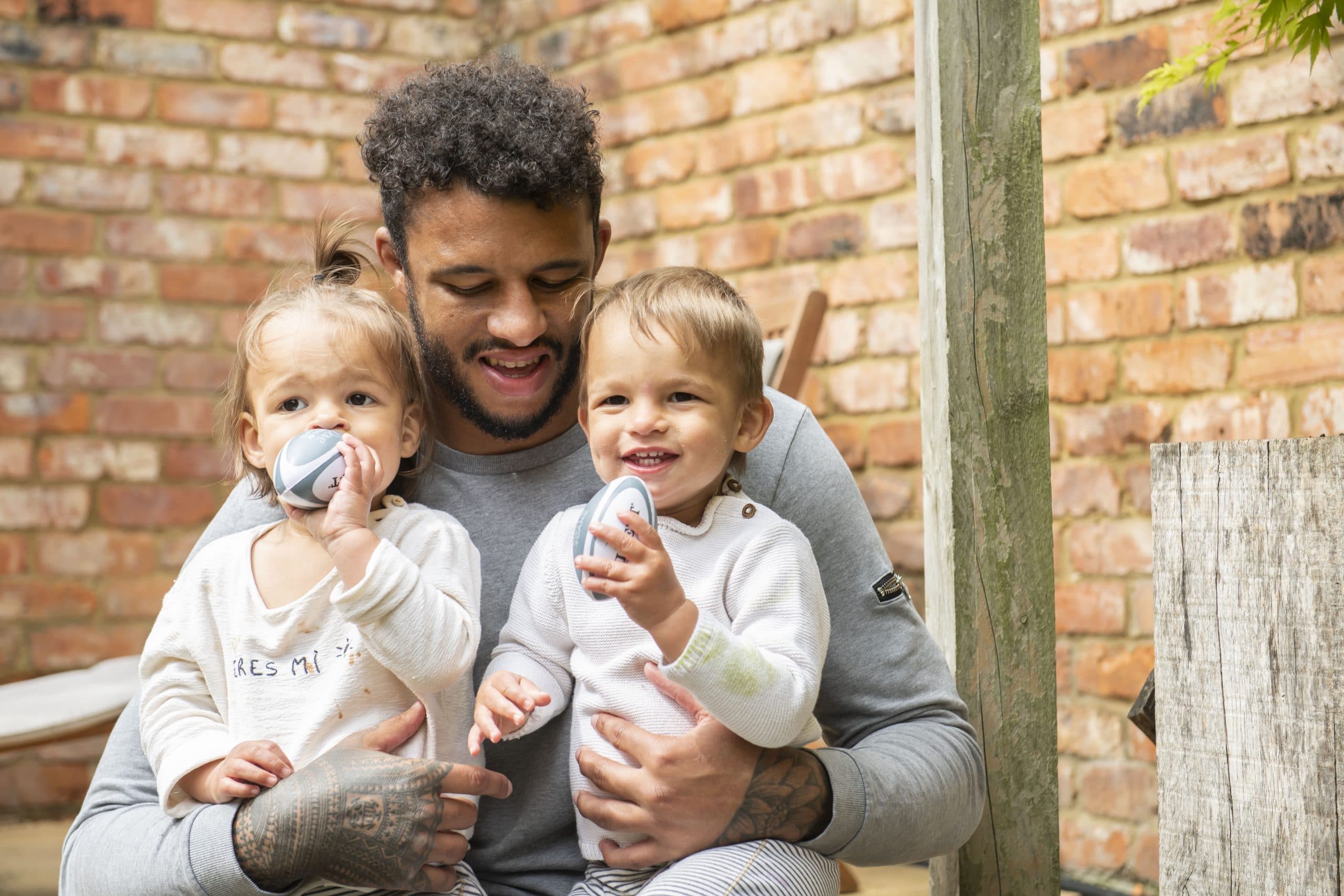Postnatal Depression In Men Has To Be Addressed
Fatherhood
38% of new fathers are concerned about their mental health. Postnatal depression can affect both parents - it's time men acknowledge when they have a problem.
I was somewhere around Barstow on the edge of the desert, when the depression began to take hold.
I was driving a very fast red sports car with the top down on the way to Vegas, with two half-cut friends crammed into the seats beside me, and 5,000 miles away from my three month year-old child in London.
How opportunity arose to enable me to end up steaming towards Vegas in this manner isn’t the point. More to the point is that when we got there, I stayed awake for 48 hours straight, not due to jetlag or ether, but from deep shame at why I was even there in the first place, pacing my hotel room alone, physically shaking. My little baby was at home – why was I out here getting obliterated?
Which of course leads you to: I was out there getting obliterated because I’d had a child, and it had completely thrown me off-kilter. I had turned self-destructive at a time when I had to be most responsible.
When my beautiful newborn son was handed to me by the nurse, I had felt a profound primal joy I’d never known before. I wept, and knew I had finally found my purpose in life – to look after this family.
But a month or three later, I was possessed by a need to ‘go off on one’. In my head it was about ‘saying goodbye’ to my old life, perhaps my best friends so it seemed, but I can now see it was a shock-waved reaction to my new identity as a dad, and a fear that I was incapable of looking after a child. I didn’t deserve this wondrous thing.
Losing the Plot
I asked around friends and found this kind of plot-losing is quite common after they’ve had a baby. A colleague said her husband had developed a cocaine problem after the birth of their children. My friend Adam wrote to me describing his experience: “Totally out of character I went missing for two days. Switched my phone off. Left the house. Got drunk. Given we’d just had a baby it was about the most irresponsible thing I could have done. But I wasn’t thinking. I couldn’t think.”
Another friend, Simon, told me at greater length, a story about a breakdown which I’m sure will resonate with many dads:
“I think the time I felt it most keenly was after my second son was born. He arrived seven weeks early, and it was a traumatic, terrifying experience – I went into total emotional packhorse mode. Trying to keep my wife positive. Trying to calm my mum down. Trying to keep everything the same for my elder son. Add in the fact that, while he was still in hospital, I basically couldn’t work, and I totally had a bit of a delayed breakdown. Lost my sense of myself and kept a stupidly stoic lid on things.
“I can really remember one occasion when, after dropping my son off at nursery, I pulled up back home and just sat in the parked car for a moment, feeling a bit drained and paralysed. I was really aware of it as a moment when it all felt a bit much.
“In the end, I fumbled my way to solutions – spoke to people about it, did some exercise, did some work, swapped evening phone-scrolling for reading a book – but it gave me a sense of how these things, the pressure of fatherhood and the perceived responsibility it carries, can become a bit of a mental timebomb. My son’s birth was quite extreme but I think it only highlighted that weird unmooring – that loss or shift of self – that you can feel, and not always acknowledge, when you become a dad.”
The Statistics
10% of new mums suffer postnatal depression, but it’s being acknowledge now that it’s also a condition affecting men. Research from the National Childbirth Trust found 38% of new fathers are concerned about their mental health. In general, about one dad in 10 has postnatal depression, and PND is much more likely to affect dads (and mums) in the first year of their child’s life. Dads appear to be most vulnerable to depression when their baby is between three months and six months old (all from Paulson and Bazemore research 2010).
This week in the news there’s been the story of John Clayton, a father who took his own life after suffering following the birth of his son. His wife, Vicky Clayton wants more awareness of PND in men: “The culmination of being a father was a very big thing for John. It’s often overlooked that men suffer from postnatal depression…I wish there was a lot more pointers for me to access help.”
All too often men bottle up their worries, feeling they have to be strong and resourceful despite the lack of sleep and new stresses of care. According to Mark Williams from support group Fathers Reaching Out, “Fathers’ depression can look different than in mothers. Fathers tend to drink more after the baby has come along – drugs are another coping mechanism. Many dads like myself in 2005, find their personality totally changes which can lead to socialising less and avoiding friends change. Also unexplained aches and pain, feeling anxious or worried, not doing well at work and over working, these are all symptoms.”
And what about the men who, like me, turn quite self-destructive?
“We know that men suffer from PTSD, and that can be a reason why men get depressed or have anxiety – even just from witnessing their loved ones going through a traumatic time. I have spoken to many men who have never talked about their own feelings, and like me were just so worried about their loved ones.”
The Fear
The fear of failure gets to men, the idea that they can’t live up to the responsibility. The feeling of ‘why would anyone look up to me?’ Parenthood doesn’t necessariy come naturally and that can be a terrifying thing.
“Yes, exactly like mothers, we know that fathers sometimes can’t bond with their children and feel they are just simply good enough.” says Mark, “Many dads don’t know what the role of a father is and feel they should have this big loving feeling for their baby but in many cases that simply does not happen. Many dads already suffer from anxiety in the workplace and then the baby comes along, and they feel trapped at home too.”
Indeed, when men are juggling the roles of breadwinner and dad, it can be quite a stretch. And part of the work that has to be done is in shifting the emphasis on men purely feeling like they have to fulfil that breadwinner role. In other words, more gender quality may be one of the ways to combat this. Fathers are saying they want a bigger role in their children’s lives instead of just the two week’s standard leave, but as has been widely reported, the policy of shared parental leave has been taken up by very few men. Recently a report from MPs called for better paternity pay and leave rights for fathers, to encourage more men to be at home, and more mothers to get back to work, should they want to. Committee chair Maria Miller said, “The evidence is clear – an increasing number of fathers want to take a more equal share of childcare when their children are young but current policies do not support them in doing so. There is a historical lack of support for men in this area, and negative cultural assumptions about gender roles persist.”
Indeed, the feeling of having to be both the invincible dad and the thrusting breadwinner, is what pulls men apart. Meanwhile many women experience some form of post-natal depression as they worry about their careers. More gender equality then, could be the answer to reduced stress for all parents.
In the meantime, if men are feeling very depressed and unable to cope with fatherhood, where can they go for help?
“I often tell dads to go to the doctors and seek professional help as soon as possible,” says Mark, “There some great groups now forming in the UK and of course if you’re feeling suicidal or need to talk to someone there is CALM and The Samaritans. I have seen a big increase in supporting men like Andy’s Man Club and also you can find out what is in your area from Chasing the Stigma’s ‘Hub of hope’.”
Postnatal depression for men is real. Let’s admit it, understand it, and seek to support those who have it.
For more on Mark Williams and Fathers Reaching Out follow @MarkWilliamsFMH or go to www.reachingoutpmh.co.uk
Read The Book of Man’s brutally honest fathering column by David Whitehouse called ‘Daddy Issues’.
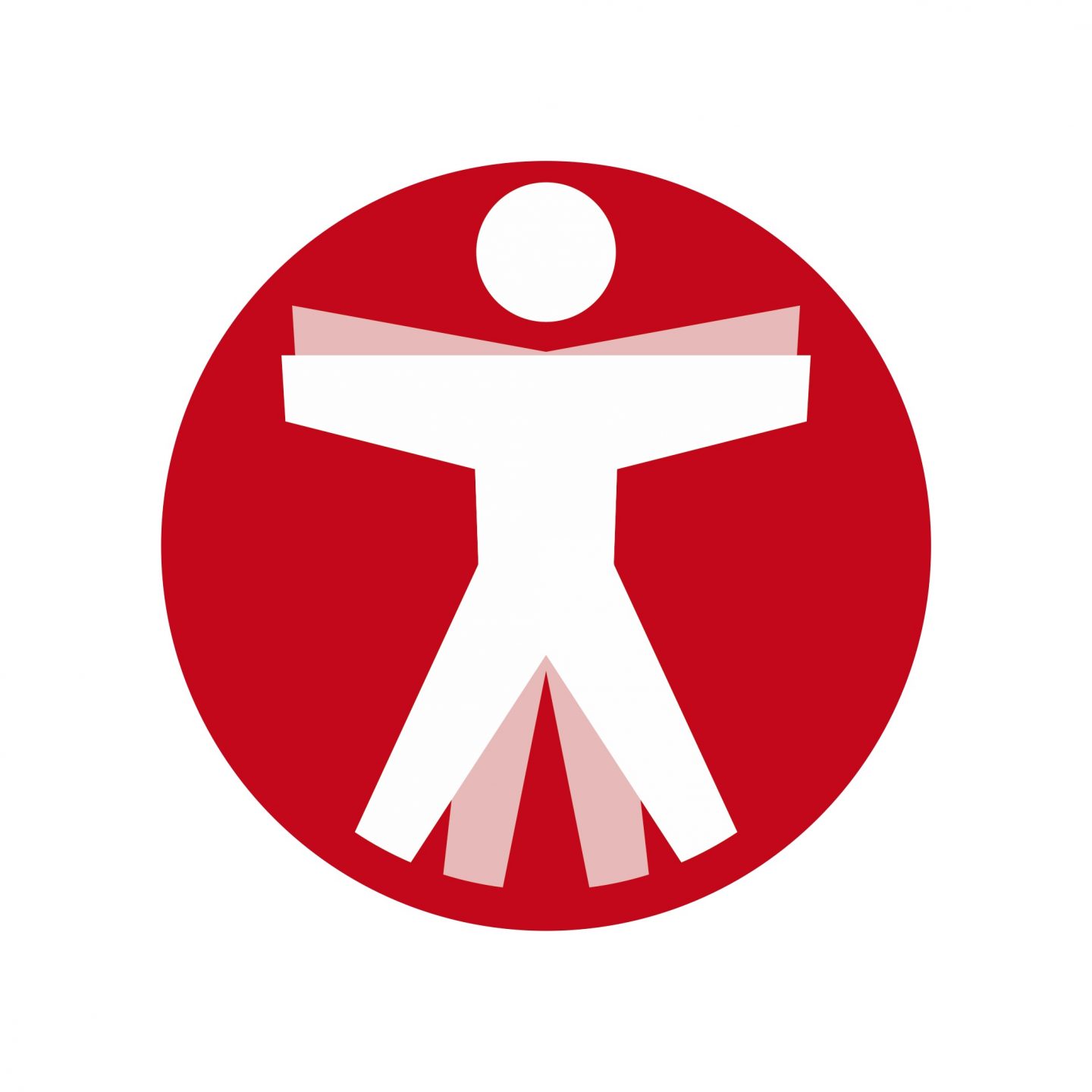
Join The Book of Man
Sign up to our daily newsletter for that latest from the frontline of progressive masculinity.

Join The Book of Man
Sign up to our daily newsletters to join the frontline of the revolution in masculinity.




